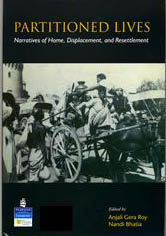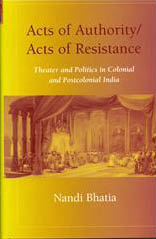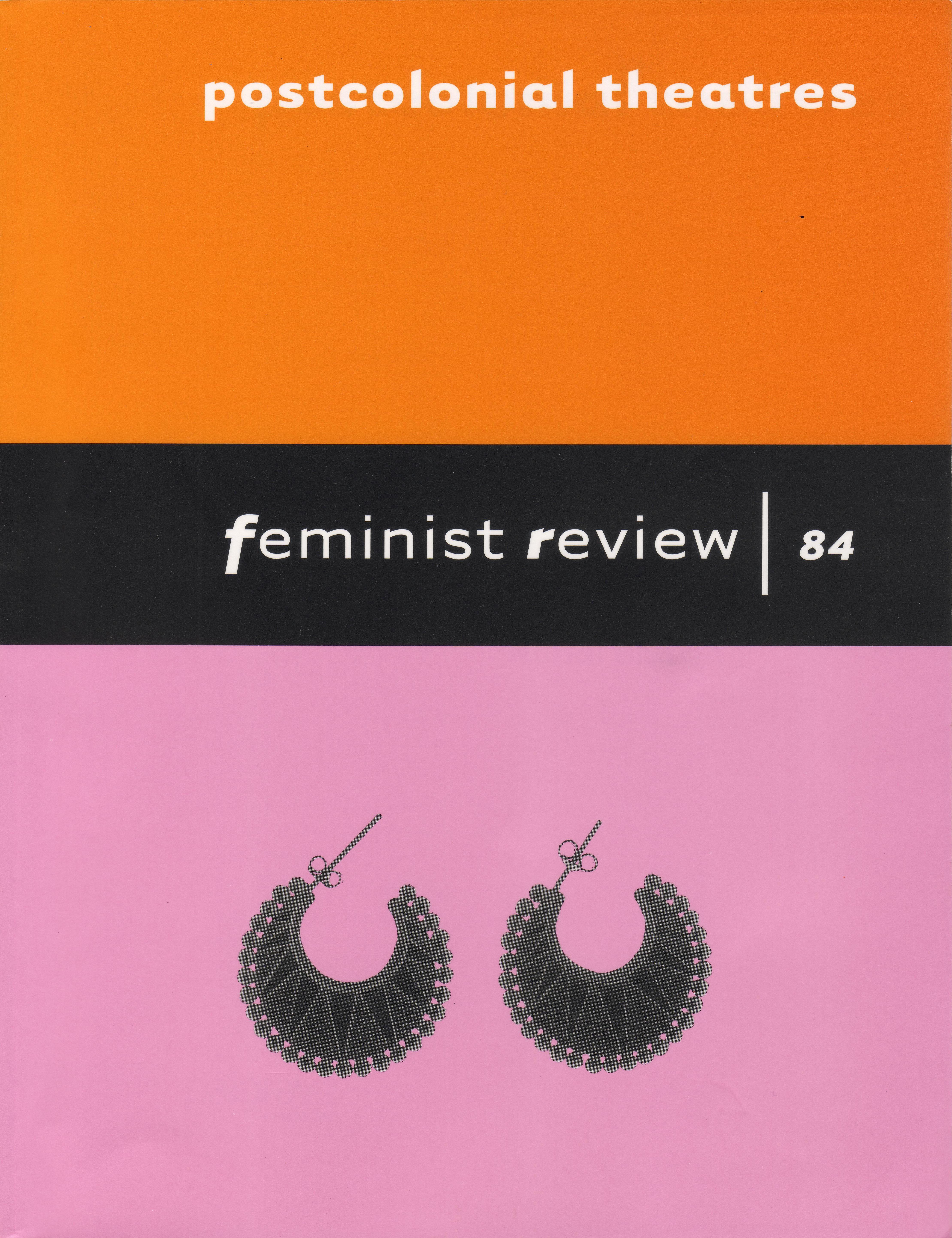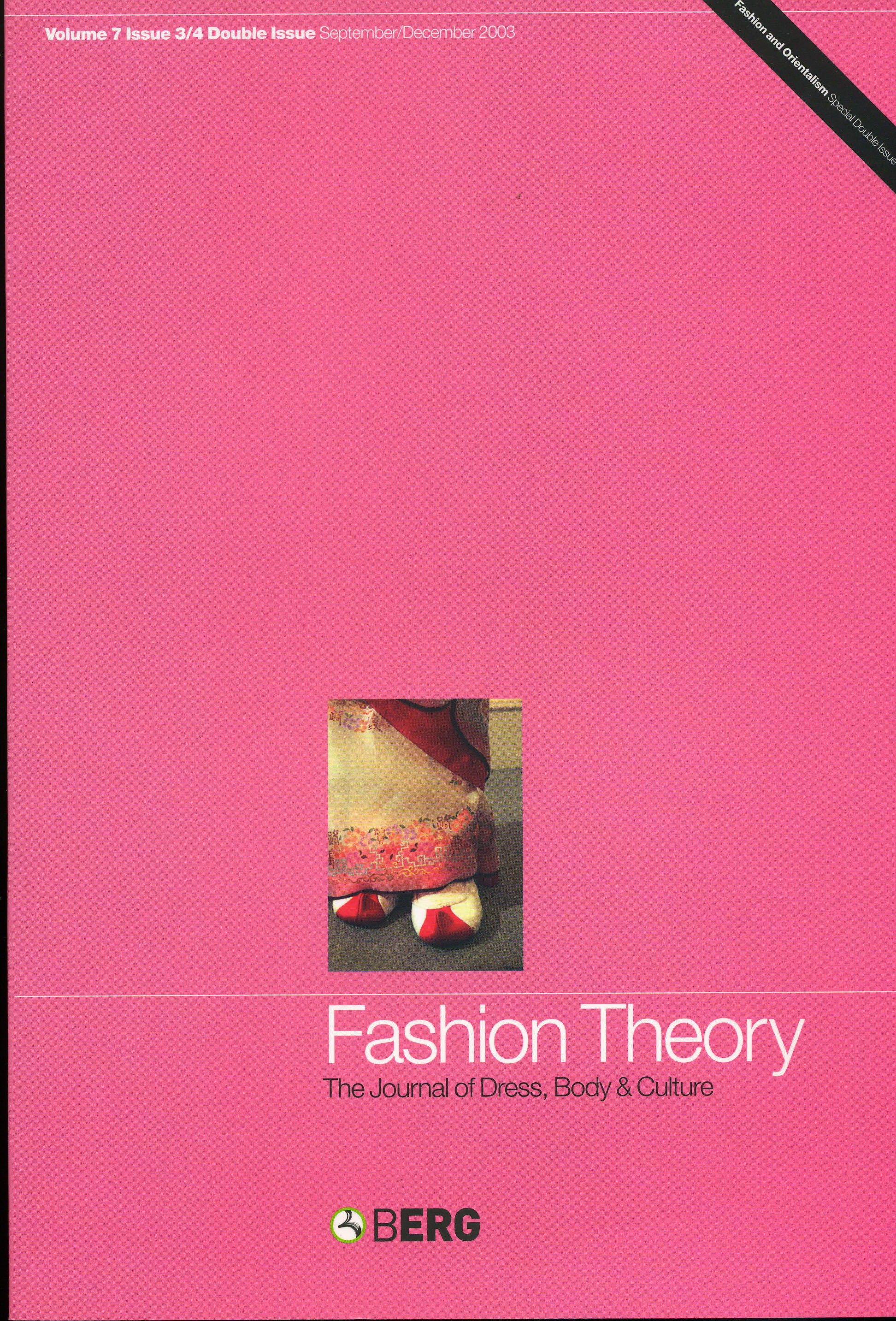BOOKS
 |
Partitioned Lives: Narration of Home, Displacement, and Resettlement
Edited by Anjali Gera-Roy and Nandi Bhatia
Partitioned Lives
In the past decade or so, historians, activists, and literary scholars have recovered stories of survivors of Partition in order to understand its human side and multiple dimensions of the ways in which "partitioned subjects" reconstituted themselves in relation to the violence. These collections are useful not only in uncovering the hitherto buried creative writing inspired by Partition, they also disrupt the official and dominant accounts of Partition that marginalize the histories of people.
This exciting volume returns to such an archive by bringing together papers that explore how Partition is represented in literature, film, and the media, and through testimonies and oral histories. Moreover, it complicates and complements existing work on narrative histories of Partition by including aspects of Partition-related migration.
First, the papers challenge the notion that post-Partition migrations occurred only in the context of India-Pakistan border. They, therefore, discuss the partition of Punjab as well as of Bengal, and deal with migrations not only within the subcontinent, but to Western nations as well. Second, for the authors in the volume, the Partition was not necessarily only a past event but a material reality for the families involved--as migrations continued for decades to follow--even though the actual split had occurred many years earlier. In covering such wide ground, this volume draws upon myriad accounts by those who have, in one way or another, been touched by Partition and its memories.
The critical importance of this volume, thus, lies in connecting different facets of Partition to histories of migration and relocation, and the formation of complex—often "hyphenated"—cultural identities. The stories unpacked in this collection enhance our understanding of Partition-related scholarship in migration and diaspora, South Asian, postcolonial, and gender studies.
“This important book contributes to our understanding as scholars of migration, of history, and of the memory of trauma. It offers a well-balanced and complex view of its themes, allowing the overall volume to be far more than the sum of its separate chapters. The eliciting and selection of chapters is impressive in allowing an overall account that is multifaceted and nuanced, but nevertheless in which each chapter is coherently related to themes.”
---Heather Goodall, Professor, History and Social Inquiry, Faculty of Humanities and Social Science, University of Technology, Sydney
“The volume seeks to bring out the differentiated experience of Partition and to reveal its long-term consequences for those displaced from their 'homelands.' It will be a useful addition to the growing number of studies on Partition and its aftermath. Not least in that it will introduce diasporic perceptions to the representation of this historically complex process.”
---Ian Talbot, Professor in History, and Director, Centre for Imperial and Post-colonial Studies, University of Southampton.
|
| |
|

|
Acts of Authority / Acts of Resistance : Theater and Politics in Colonial and Postcolonial India
Nandi Bhatia
Despite its importance to literary and cultural texts of resistance, theater has been largely overlooked as a field of analysis in colonial and postcolonial studies. Acts of Authority/Acts of Resistance seeks to address that absence, as it uniquely views drama and performance as central to the practice of nationalism and anticolonial resistance.
Nandi Bhatia argues that Indian theater was a significant force in the struggle against oppressive colonial and postcolonial structures, as it sought to undo various schemes of political and cultural power through its engagement with subjects derived from mythology, history, and available colonial models such as Shakespeare. Bhatia's attention to local histories within a postcolonial framework places performance in a global and transcultural context. Drawing connections between art and politics, between performance and everyday experience, Bhatia shows how performance often intervened in political debates and even changed the course of politics.
One of the first Western studies of Indian theater to link the aesthetics and the politics of that theater, Acts of Authority/Acts of Resistance combines in-depth archival research with close readings of dramatic texts performed at critical moments in history. Each chapter amplifies its themes against the backdrop of specific social conditions as it examines particular dramatic productions, from The Indigo Mirror to adaptations of Shakespeare plays by Indian theater companies, illustrating the role of theater in bringing nationalist, anticolonial, and gendered struggles into the public sphere.
"A breakthrough book in the field of colonial and postcolonial studies. .. . in exploring the intricate ways in which theater and politics were intertwined in the everyday experiences of the colonizer and the colonized in India, Bhatia shows how drama and performance were the most important genres in the practice of nationalism."
---Simon Gikandi, The University of Michigan
"... ambitiously breaks ground in South Asia scholarship by building knowledge of theater in India and attempting to bridge the divide between colonial and postcolonial by locating and consistently theorizing a theater as a resistant practice in colonial societies. With detailed notes to accompany each chapter, this book will be of special interest to students and scholars of hybridity in drama, Marxist cultural movements in India, and comparative activist theater."
---Journal of Asian Studies
Click Here To Read a Review of Acts of Authority / Acts of Resistance
Another Review Here |
| |
|
EDITED JOURNALS:
 |
"PostColonial Theatres," Edited by Nandi Bhatia
Special Issue of Feminist Review Vol. 84. December 2006.
This issue of Feminist Review brings together articles, reviews, interviews and dialogues on plays and performances by Indian, African-American, African-Canadian, and Black and Asian women in Britain in order to address the ways in which women from such differentiated contexts use theatre as a site for exploring feminist issues and for challenging dominant cultural and social conventions, ideologies, and positions. Most articles address the relationship of the plays and performances to colonial history, memory, and nationalist consciousness and ideologies.
Click Here to Link to the Special Issue
|
|
"Fashion and Orientalism," Co-Edited with Nirmal Puwar.
Special Double Issue of Fashion Theory: The Journal of Dress, Body, and Culture 7.3/4 (September/December 2003): 249-434.
Contents of "Fashion Theory"
Dorinne Kondo, author of Crafting Selves and About Face, in interview with Nirmal Puwar
Nirmal Puwar, University College Northampton
Skin Deep – A History of Tattooing: An Exhibition Review
Anna Cole, Goldsmiths College, University of London
(En)countering Orientalism in High Fashion: A Review of Indian Fashion Week 2002
Sumati Nagrath, University College Northampton
What Happens when Asian Chic Becomes Chic in Asia?
Ann Marie Leshkowich, College of the Holy Cross, and Carla Jones, Emory University
White Paranoia: Orientalism in the Age of Empire
Ashwani Sharma and Sanjay Sharma, both University of East London
Exhibiting Spectacle and Memory
Nirmal Puwar, University College Northampton
Unraveled Yarns: Dress, Consumption, and Women’s Bodies in Ghanian Culture
Esie Dogbe, University of Louisville
Fashioning Women in Colonial India
Nandia Bhatia, University of Western Ontario
Fashioning the Colonial at the Paris Exhibitions, 1925 and 1931
Michelle Tolini Finamore, Bard Graduate Center for Decorative Arts, Design and Culture
The West Indian Front Room
Michael McMillan
|
|




